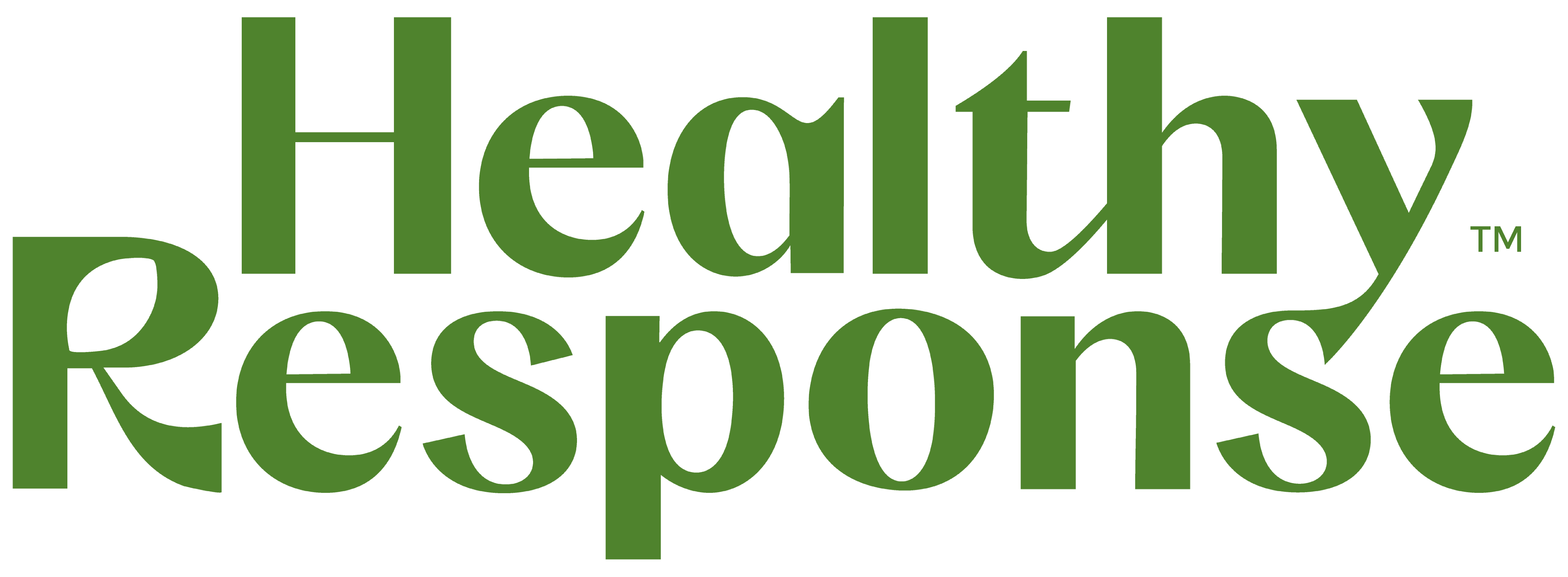
Understanding Intermittent Fasting:
Intermittent fasting is not about controlling calories; it’s about controlling when you eat. There are several popular IF methods, including the 16/8 method (fast for 16 hours, eat during an 8-hour window), the 5:2 method (eat normally for 5 days, restrict calories on 2 non-consecutive days), and the alternate-day fasting method (alternate between fasting and eating days). The choice of method depends on personal preferences and lifestyle.Benefits of Intermittent Fasting:
Improved Mental Clarity: First responders need to stay alert and make quick decisions in high-pressure situations. IF has been shown to enhance cognitive function, including increased focus, mental clarity, and memory, which can be invaluable in critical moments.
Energy Levels: Many first responders work long hours or irregular shifts. IF may help stabilize energy levels by optimizing insulin sensitivity and promoting the use of stored energy (fat) during fasting periods, providing a consistent source of energy throughout the day.
Weight Management: Maintaining a healthy weight is crucial for overall well-being and physical performance. IF can aid in weight management by regulating appetite, increasing fat burning, and preserving lean muscle mass.
Enhanced Physical Performance: If supports endurance and stamina, making it easier to complete workouts and take on the high physical demands of the job.
Meal Regularity: Consuming calories in the middle of the night disrupts the body’s natural biochemical rhythms. Some of the processes affected are insulin production, liver function, and circadian rhythm.
Insulin Sensitivity: The body’s ability to regulate blood sugar levels becomes less efficient during the nighttime, which impacts insulin sensitivity.
Circadian Rhythm: The body operates on a 24hr clock that is regulated by the sunrise-sunset cycle. Late-night eating can disrupt these circadian rhythms, leading to imbalances in hormone production.
Liver Function: The liver is responsible for many crucial bodily processes including detoxification of unwanted substances from the body. For first responders this can be the toxins from the smoke that is inhaled on the job. Late-night snacking disrupts the liver’s rest time, impairing its full potential to release other toxins from the body.
Who Should not Participate in Intermittent Fasting?
Pregnant and Breastfeeding Women: Women who are in a lactation state or pregnant should not participate in intermittent fasting. Fasting during these times may deprive both the mother and the developing fetus or breastfeeding infant of essential nutrients and can leave both with other complications.
Children and Teens: IF within this population can interfere with proper growth and development and lead to other nutrition deficiencies such as: D3, calcium, iron, and zinc. These micronutrient deficiencies can lead to improper bone development, cognitive development, and immune function.
Athletes and High-Intensity Training: Athletes require a higher caloric intake than the average individual. If there is a caloric deficit within athletes’ serious injuries and most often debilitating stress fractures can occur.
Tips for First Responders:
Start Slowly: If you’re new to IF, ease into it by gradually extending your fasting window. Begin with a 12-hour fast and progressively increase it as your body adjusts.
Stay Hydrated: During fasting periods, drink plenty of water to stay hydrated. Dehydration can impair cognitive and physical performance. Dehydration can also be mistaken for hunger cues.
Choose Nutrient-Dense Foods: When you do eat, prioritize whole, nutrient-dense foods like lean proteins, vegetables, fruits, and whole grains.
Meal Prep: Plan your eating window to align with your work schedule, that does not include consuming meals late at night. Consider meal prepping at the beginning of the week so you are less likely to indulge in fast food late at night.
Other resources
There are plenty of resources available to learn more about intermittent fasting. IF can be a helpful tool to help your body’s biological process get back on track and ultimately regulate immune function, circadian rhythm, hormone production, weight management, energy levels, and digestive processes. Below are some research studies to investigate and some books that discuss the benefits of intermittent fasting:
The 16/8 Method for Weight Loss
Key Findings: Time-restricted feeding can be effective for weight management and improving body composition.
Intermittent Fasting and Cognitive Function:
Key Findings: Intermittent fasting may have potential benefits for cognitive health.
Circadian Code by Dr. Satchin Panda (book):
Key Findings: Circadian rhythms affect every aspect of health. The book deep dives into many of the topics discussed in this article such as, meal timing, health risks, recommendations, shift work, and circadian rhythm.
Conclusion:
Intermittent fasting is a valuable tool for first responders seeking to optimize their health and performance on and off the clock. However, it’s essential to approach IF with caution and adapt it to your specific needs and preferences. When implemented thoughtfully, intermittent fasting can become a practical part of a first responder’s lifestyle, contributing to regulating their overall biological bodily processes.



